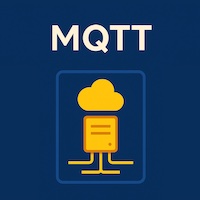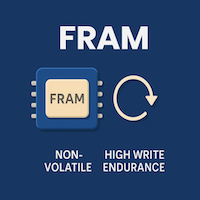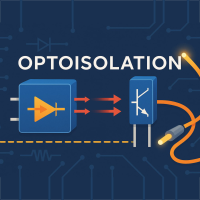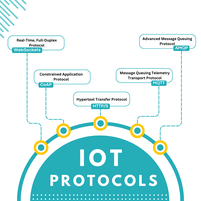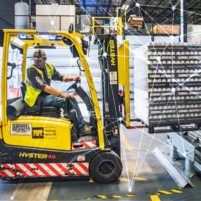IoT in Healthcare Industry
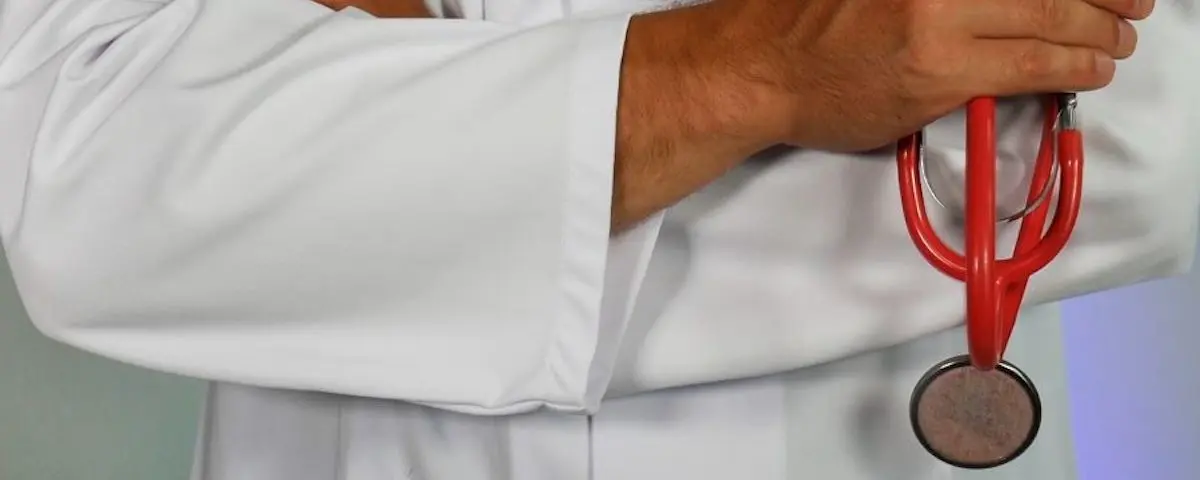
Recent years have seen widespread use of "Internet of Things" (IoT) technologies in healthcare systems. Even though the Internet of Things (IoT) isn't exactly at the leading edge of technology right now, it's still a really fascinating industry to work in right now, particularly in the medical sector. To better meet the needs of their customers, businesses are devoting a growing portion of their resources to Internet of Things (IoT) research initiatives.
The Internet of Things (IoT) is definitely altering the healthcare business by necessitating a reevaluation of the function that technology plays as well as the relationship that exists between patients and physicians. We are able to keep an eye on things from a distance thanks to devices that are linked to the Internet of Things. As a result of the accessibility of many types of contemporary technology, the continuous monitoring of one's health as well as other important information is now within the realm of practical possibilities. The following is an exhaustive breakdown of how the transformation brought on by the Internet of Things is affecting the medical industry.
The Internet of Things (IoT) medical equipment and technology market is growing at an astounding rate, and a rising number of patients are putting their lives in the hands of these devices for diagnosis and treatment. High security, ease, and comfort are just a few areas where the healthcare business has started using the internet of things to meet the growing digital world demands.
Explain the Internet of Things.
The term "Internet of Things" (IoT) describes a system that enables many linked devices to communicate and share information. Any electronic device, from a smartphone to a factory robot, falls under this category. As its name implies, the Internet of Things (IoT) refers to a global network of interconnected objects that can exchange data and have conversations with one another without any human interaction.
When it comes to medical care, what role does the IoT play?
Technologies related to the "Internet of Things" (IoT) have experienced extensive adoption in the field of healthcare during the last several years. Even though the Internet of Things (IoT) is not exactly at the cutting edge of technology right now, it is still a highly exciting business to work in right now, particularly in the medical sector. This is especially true in the United States. Businesses are spending a greater amount of their resources to research projects pertaining to the Internet of Things (IoT) as a means of better catering to the requirements of their clientele.
The Internet of Things (IoT) is unquestionably causing significant shifts in the healthcare industry. These shifts are causing a reevaluation to be needed not just of the role that technology performs but also of the connection that currently exists between patients and clinicians. Because of the gadgets that are connected to the Internet of Things, we are able to maintain a close check on things despite our distance from them. The availability of a wide variety of modern technologies has made it possible to keep a close eye not just on an individual's health but also on a variety of other vital pieces of data. This has opened the door to new realms of possibility in terms of their use. An in-depth analysis of how the Internet of Things (IoT) is causing disruptions in the healthcare sector is provided in the following paragraphs.’
IoT in healthcare : Best Options
Because of the potential of the Internet of Things in medicine, patients may take a more active role in their care, improving the quality of healthcare as a whole. It also helps patients feel more at ease throughout medical procedures by facilitating their interactions with caregivers and making them more at home in their surroundings.
Medical expenses reduced
Patients not having clinical therapy can remain at home and use cloud-connected clinical IoT equipment. These gadgets collect, monitor, and relay patient health data to medical professionals. The software allows patients to arrange electronic appointments with medical caregivers and experts instead of visiting an urgent care center.
A decrease in readmission rates
Biosensor-connected patient apps facilitate regular adherence to a discharge plan, allow for rapid detection of changes in a patient's health state, and allow patients to get in touch with a healthcare provider from a distance and in real-time.
Treatment based on Internet of Things data for the patient
Medication intake tracking
IoT-based medication monitoring allows doctors to track their patients' responses to different medicine dosages. On the other hand, patients may keep tabs on their medication intake using tools like the app's reminders and log the development of their symptoms for their doctor to review. The patient app may be integrated with other smart devices, such as a smart pill container, to provide easier medication management.
Remote health monitoring
The diagnosis, monitoring, and treatment of chronic illnesses all stand to benefit greatly from this use of the internet of things in healthcare. When monitoring a patient's vital signs, medical professionals may employ biosensors that are worn by the patient themselves or linked medical equipment (blood pressure, glucose level, heart rate, etc.). This information is available to medical experts around the clock, seven days a week, and they may utilise the reports generated by the app to get insight into the lifestyle choices of their patients.
When a patient has symptoms that suggest a decline in their overall health, an urgent in-person appointment is scheduled.
It does this through providing medical treatment to those who otherwise would not have access to it and by working toward the reduction of death rates in rural areas via improved education.
• Make it a priority to reduce the amount of money you have to pay out of pocket for things like travel and medical care.
• It is possible that the potential of this application might be considerably increased by giving medical practitioners fast access to data.
• Because access may be gained whenever and anywhere, there is an increasing need for this form of Internet of Things application in the healthcare industry.
• Communicates with the patient's treating physicians in the event that the patient is not taking prescribed drugs.
Health IT Interoperability Through the IoT
Many hospitals and other medical facilities have started collecting data from IoT devices. A new Internet of Things venture, spearheaded by IBM Watson and Teva, will provide innovative methods for treating and predicting chronic disease. As part of the initiative, we are collecting this information. Companies in the healthcare industry utilize artificial intelligence and natural language processing to organize this data. This is an exemplary use of data science and big data in healthcare.
- A more forward-thinking technological era will enter as data is organized.
- Medical personnel may better assess a patient's needs using previous data.
For data transmission and reception, an IoT device turns to the cloud. This means that data stored in one location may be accessible from several devices, which is currently impossible with the current method.
- Better patient care is achieved via the Internet of Things data management.
- There is room for growth in data science for the specialized study of all hospital management systems.
Future of the Internet of Things in Healthcare
Business Insider's analysis shows that the IoT healthcare technology sector will be worth $400 billion by 2022. The development of 5G connections, Internet of Things technologies, and the rising use of healthcare IT systems will all contribute to this growth.
Explore more
Need any help in IoT?
Need any help in IoT? An Atreyo expert identify the right solution for your needs.
If ready to talk to an Atreyo expert
Interested in IoT products? go to
